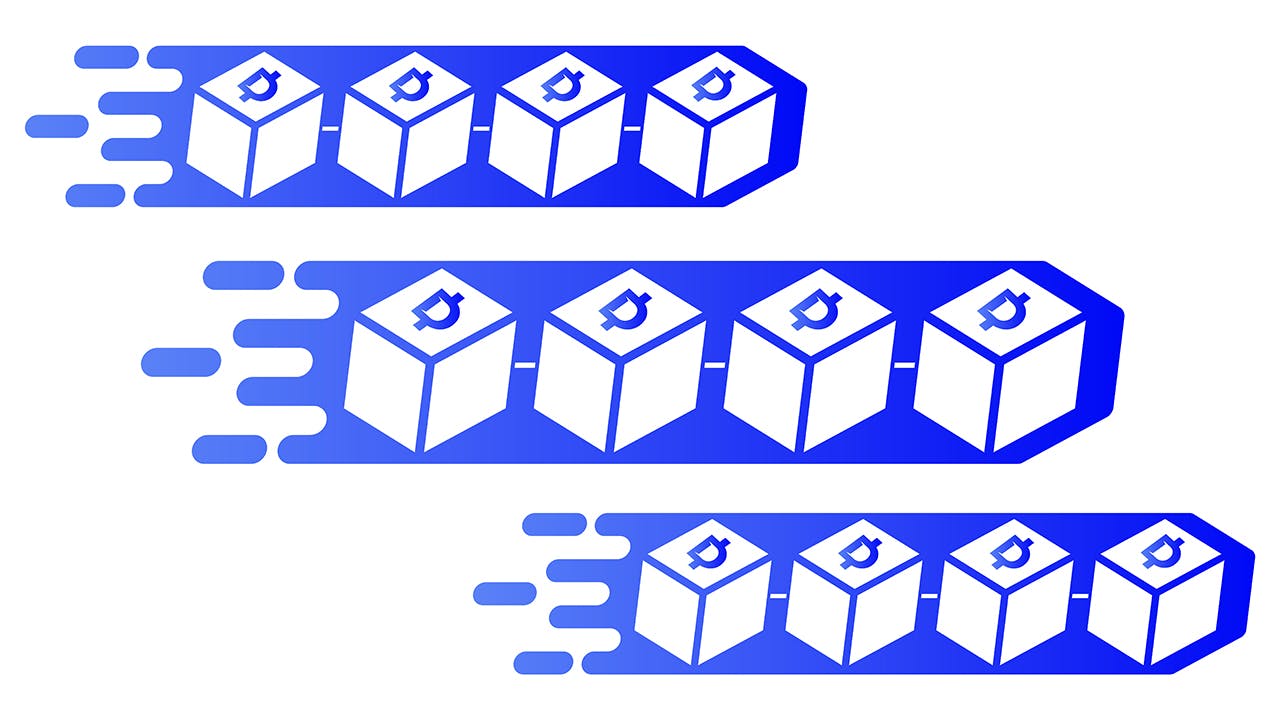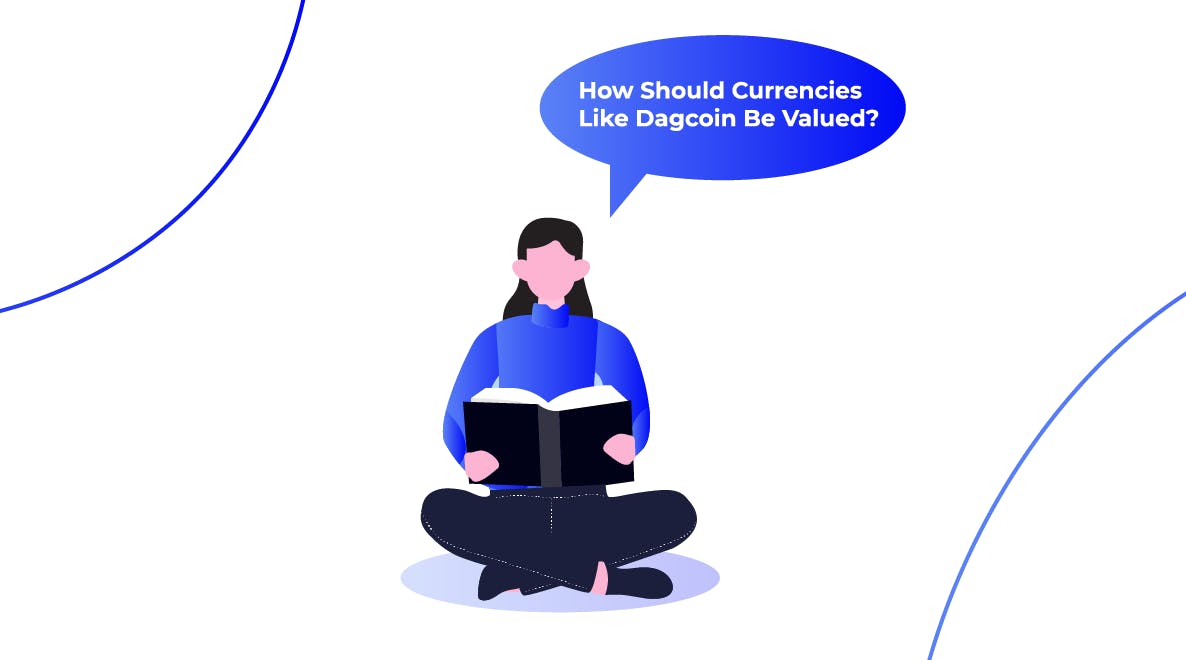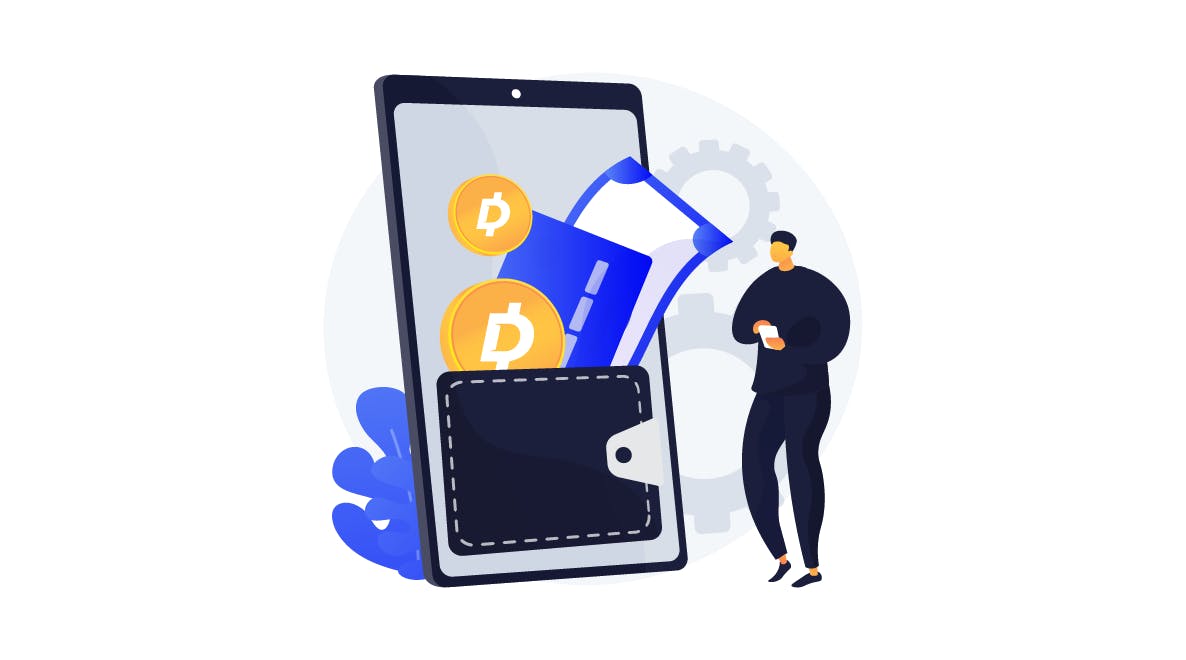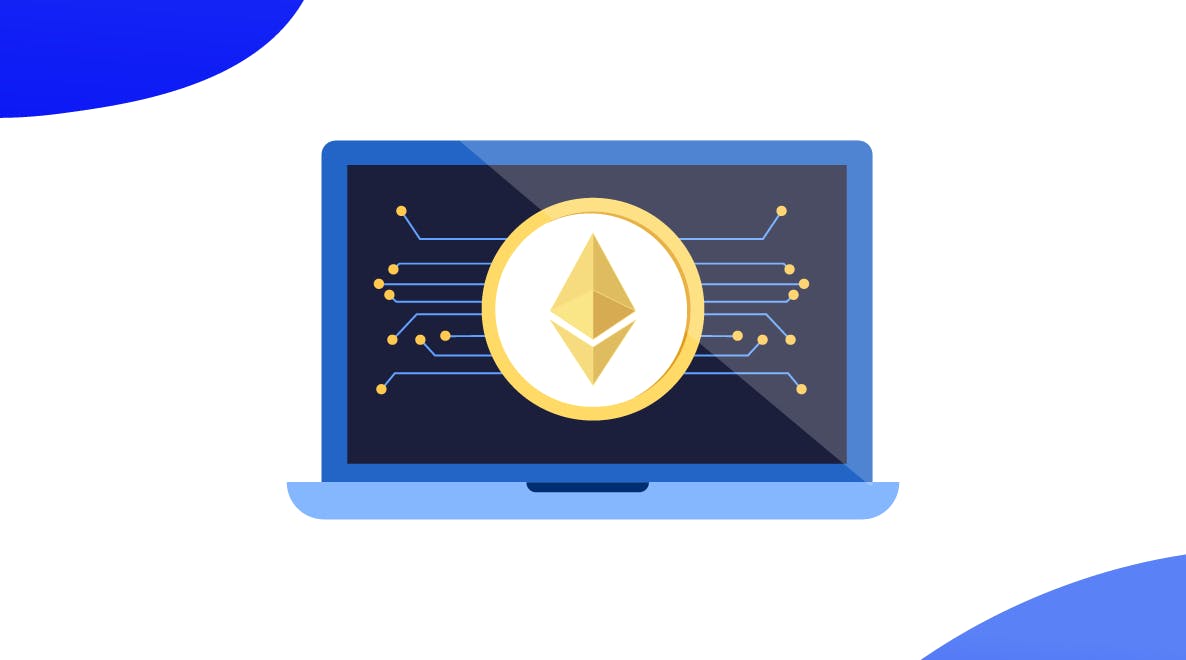Just over ten years ago. If you wanted to send money to someone on the other side of the world, you would have sent it via a traditional bank transfer. For those of you that made such transactions, you will remember all too well how they took five business days or more to be received. And to top it off, you were hit by a transaction fee of around 5%, which could become very costly if you were sending a lot of money.
When Bitcoin hit the scene in the early 2010’s it revolutionised everything. It was now possible to make a transaction to anyone, anywhere in the world, within a maximum of 30-40 minutes and for a fee of around 1%. It changed everything, literally.
Over the past decade, our thirst for speed in every aspect of our lives has increased exponentially. Yet Bitcoin and other blockchain-based cryptocurrencies have gone the other way and are actually getting slower and more expensive. How has this happened, and are there any solutions?
In this week’s article, we will go through some of the most pressing issues facing blockchain cryptocurrencies such as Bitcoin and Ethereum, and how Dagcoin solves these…
Why are Blockchain-based Cryptocurrencies Getting Slower?
It is fair to say that in the past year, the interest in cryptocurrencies has gone through the roof. With Bitcoin rising from its lows of around $4000 at the beginning of the pandemic, to just under $60,000 (at the time of writing). But with this increasing popularity comes a big problem for blockchain-based cryptocurrencies. They are painfully slow at processing transactions. To put this into perspective, VISA process over 1700 transactions per second, whereas Bitcoin can handle just 4.5. Ethereum doesn’t fair much better at around 8.
All of this means that the more transactions that are placed on these blockchains, the slower they will become. This is why the average time for an Ethereum transaction has risen from 15-30 seconds on its release in 2015 to more than 5 minutes today. With the growing popularity of Tether, DApps, smart contracts and online gaming, and other processes on the Ethereum blockchain playing a big role in that slowdown. In Ethereum’s case, this is why there is growing pressure to make fundamental changes to the currency to make it quicker. With it possible that Ethereum may drop the mining form of payment confirmation altogether for something quicker.
It is this increasing slowdown that some fear may curb the rising price of Ethereum, although it is believed this will have less of an effect on the price of Bitcoin. However, where Bitcoin is encountering more serious issues is in the soaring fees attached to transactions, with the average transaction fee rising from around 50 US cents in April last year to more than $20 today.
The Banks are Catching Up
Another big issue for blockchain-based cryptocurrencies such as Bitcoin and Ethereum is the fact that the banks haven’t just sat back and watched over the past decade, they have been working hard to cut transaction times and costs for their customers.
Within the European Union, for example, SEPA (the Single Euro Payments Area) was established in 2014, with the aim to lower costs and the time to complete a transaction within the block from three business days to less than one. Fast-forward to today, and not only are almost all SEPA payments received within 24 hours, but many are also being received as quickly as within 30 seconds. Making the traditional banking system in the EU often faster than a blockchain transaction.
We spoke earlier about how the average fee of a Bitcoin transaction is on the rise (the same can be said for Ethereum, too) and now rests at more than $20. The opposite is true for the banks. In SEPA, an international transfer now costs the same as a domestic one (which is usually free). However, some banks may charge a small fee to make a transaction.
All of this means that the conventional banking system (at least in developed parts of the world) is fast catching up or has superseded blockchain cryptocurrencies in terms of both speed and cost. Another reason why there is growing pressure to reform Ethereum to cut the costs and time associated with mining.
Dagcoin - A Faster and Cheaper Solution
What slows down blockchain-based cryptocurrencies the most and drives up fees is the payment confirmation process (mining). Not to mention the huge amounts of energy this process takes up. Recent estimates show that Bitcoin mining uses more electricity than the whole of Argentina – a country with nearly 50 million people.
This is why DAG-chain based currencies such as Dagcoin payments are processed through a centralised network, which removes the need for confirmation and mining entirely. This means that Dagcoin payments are processed within 10-30 seconds. Making it possible to make a payment in a store with Dagcoin as quickly and easily as using a debit or credit card, something not possible with a blockchain cryptocurrency.
Without the need to pay miners for payment confirmations, this also makes Dagcoin a much cheaper alternative as well. In fact, it doesn’t matter if you are sending 20 or 20,000 dags, the transaction fee will still be around 0.0005 dags. To put that into perspective, based on Dagcoin’s current price of 73 euro cents, this is less than one cent per transaction.
Whereas blockchain-based currencies like Bitcoin and Ethereum are hardwired to continue getting slower over time. DAG-chain technology means that payments will only get faster and faster, the more people use them. And, with no miners, they use a fraction of the electricity – helping to combat climate change too.
Conclusion
Blockchain-based cryptocurrencies such as Bitcoin and Ethereum have a big problem, they are getting slower and more expensive over time. To put this into perspective, VISA process 1700 transaction per second. Bitcoin can handle 4.5 and Ethereum around 8 in the same timeframe. All of this means that the more people use these currencies, the slower they will become. This is why Ethereum transactions have gone from 15-30 second when it was released in 2015 to more than 5 minutes on average today. And with it only set to get slower over time, many in the Ethereum community are even pressuring for mining based payment confirmations to be dropped altogether.
This has been made worse by the banks, which have got much faster and cheaper in the past decade. In the EU’s SEPA region, for instance, international payments can be received as quickly as 30 seconds and for the same fees as a domestic payment (often free).
Dagcoin solves both of these issues because not only do transactions take just 10-30 seconds to be processed. The bigger the community gets, and the more people make transactions, the faster it will get. Add the fact that a Dagcoin transaction costs less than 1 euro cent no matter how much you spend, and you have a cryptocurrency that is a cheaper and quicker alternative to both blockchain-based cryptocurrencies and the traditional banking system.
Join a growing community of almost 600,000 people using Dagcoin.






